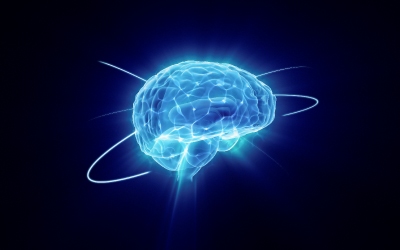How Does Emotional Abuse Affect the Brain?
A new study has found that childhood emotional and sexual abuse mark women’s brains in distinctive patterns, with emotional affecting regions which are involved in self-awareness and sexual abuse linked to areas involved in genital sensation. In research involving 51 women in Atlanta, twenty-eight of the participants had previously been involved in maltreatment as children. This involved various combinations of neglect and emotional, sexual and physical abuse. The other 23 women had received either none or nearly no abuse – the average age was 27. The participants were given a questionnaire on childhood trauma in order to assess the early childhood experiences – their brains were then scanned to measure the thickness in different areas of the cortex. The cortical thickness is associated with brain development – the thicker areas generally tend to imply healthier growth. If the regions have been ‘exercised’, this is signified in their size, as brains are like muscles and develop with use.
Abuse, researchers have found, can interfere with the development of these regions. In order to cope with extreme distress, the brain can alter its signalling patterns which can leave regions underdeveloped from reduced input. If a child has been raped, for example, the brain may react by reducing the connectivity to regions which have been hurt. Researchers have found that with sexual abuse, there were changes in the somatosensory cortex, which processes the input from the body to create sensations and perceptions.
Emotional abuse, however, leaves a different type of scar. Here, researchers found that the regions associated with understanding and controlling emotions were altered. There were thinner areas in regions which were connected to self-awareness and emotional regulation, in the prefrontal cortex and medial temporal lobe. Emotional abuse can leave victims more susceptible to depression, extreme or dulled emotional responses and moodiness. It doesn’t mean that recovery is impossible though, with most survivors not developing symptoms in this way. Research has shown that the brain can significantly change when offered the right support and emotional nourishment.

Comments are closed.